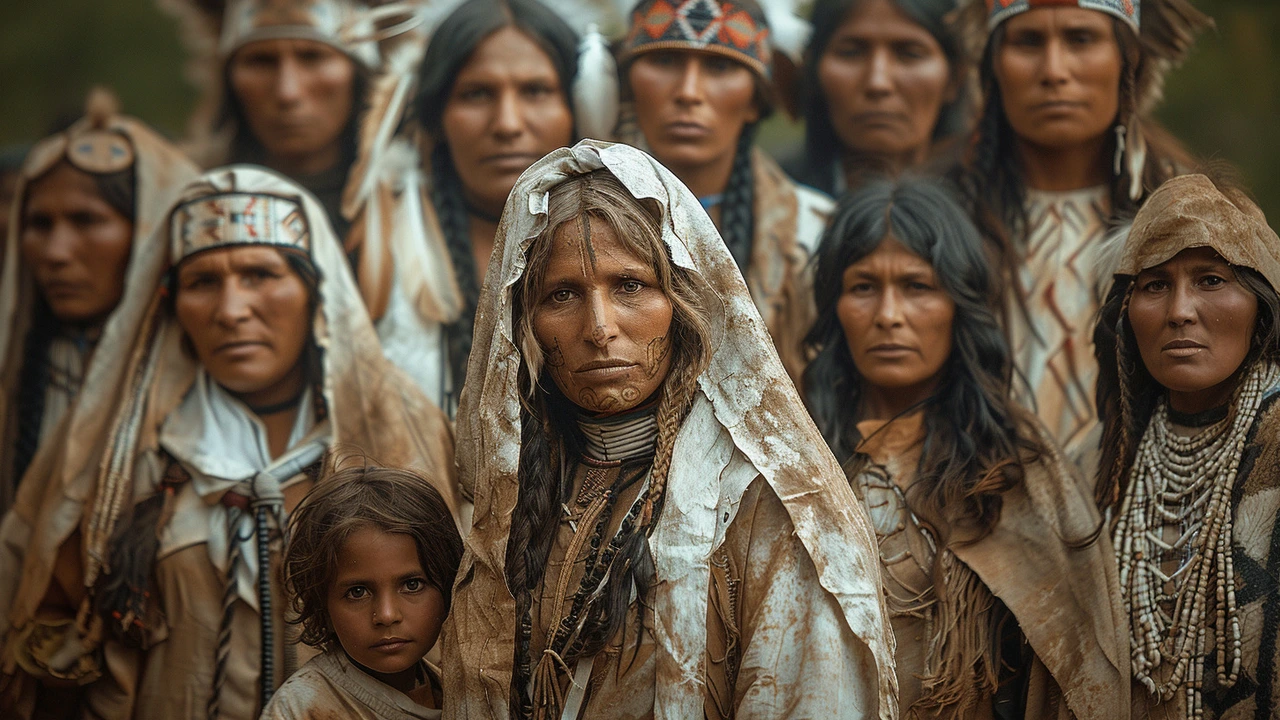In recent times, the Bollywood film 'The Kashmir Files', directed by Vivek Agnihotri, has ignited a robust conversation regarding the portrayal of historical events, particularly the tragic plight of the Kashmiri Pandit community during the heightened period of violence in Kashmir during the late 1980s and early 1990s. The film, while attempting to cast a lens on this dark chapter of Indian history, has also stirred controversy by its focused portrayal of isolated incidents of violence, overlooking the broader spectrum of inter-community relationships that existed during this tumultuous era.
Historically, the valley of Kashmir has been a melting pot of diverse religious and cultural identities. Post the Partition of India in 1947, despite burgeoning political tensions, Kashmiri Pandits and Muslims shared a symbiotic relationship, intertwined by a shared language, culture, and space. The onset of armed rebellion in the late 1980s, however, marked a fissure in this long-standing harmony, propelling both communities into a vortex of violence and displacement.
'The Kashmir Files' has sparked a duality of responses, with its supporters lauding it for bringing to light the suffering of Kashmiri Pandits. Conversely, critics argue that the film's one-dimensional portrayal potentially fuels hate speech, inciting further societal division. Notably, the criticism extends to the film's disregard for the instances of communal harmony and the shared acts of kindness between Kashmiri Muslims and Pandits amidst the conflict. Such omissions, as argued, contribute to an already strained inter-community relationship, placing the Kashmiri Muslim identity in India in a precarious position.
This discourse endeavors to traverse beyond the binary narratives of 'victim' and 'aggressor', and to shed light on the nuanced stories of solidarity and compassion that unfolded even amidst the peak of militancy in Kashmir. It is essential to acknowledge that such stories, though less sensational, are pivotal in understanding the complex fabric of Kashmiri society during the conflict.
A closer examination into this period reveals myriad instances where Kashmiri Muslims and Pandits extended support to each other, often at great personal risk. These stories are testimonies to the enduring spirit of Kashmiriyat - a centuries-old ethos underscoring the collective identity and brotherhood of the Kashmiri people, irrespective of their religious affiliations.
In conclusion, while it's crucial to recognize and remember the atrocities faced by the Kashmiri Pandit community, it's equally important to champion the narrative of communal harmony and resilience that has been a cornerstone of Kashmir's history. The path to reconciliation and healing lies in acknowledging the multiplicity of experiences during the conflict – both the suffering and the compassionate acts of kindness by individuals across community lines. By doing so, we pave the way for a more inclusive dialogue, one that honors all narratives and fosters a stronger, united front for peace in the valley.




